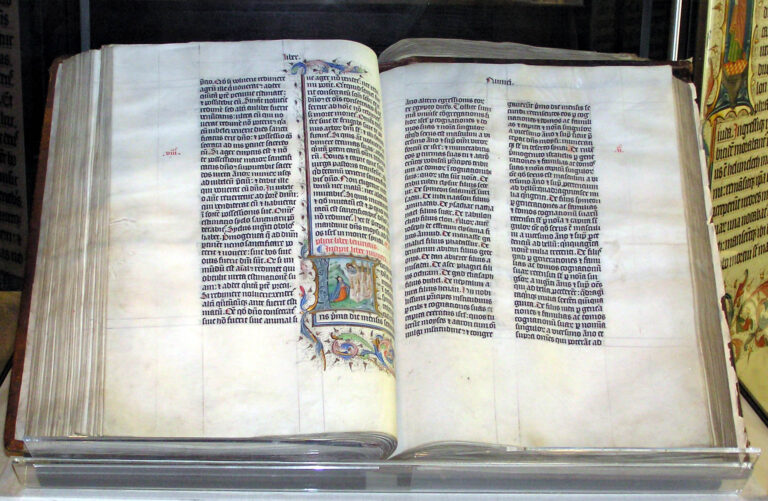700, 7000 or 1700 Horsemen in 2 Samuel 8:4?
“And David took from him a thousand chariots, and seven hundred horsemen, and twenty thousand footmen: and David houghed all the chariot horses, but reserved of them for an hundred chariots.” (2 Samuel 8:4, KJV) This concerns the battle between David and Hadarezer. The KJV follows the Masoretic text and says that David captured “a … Read more

